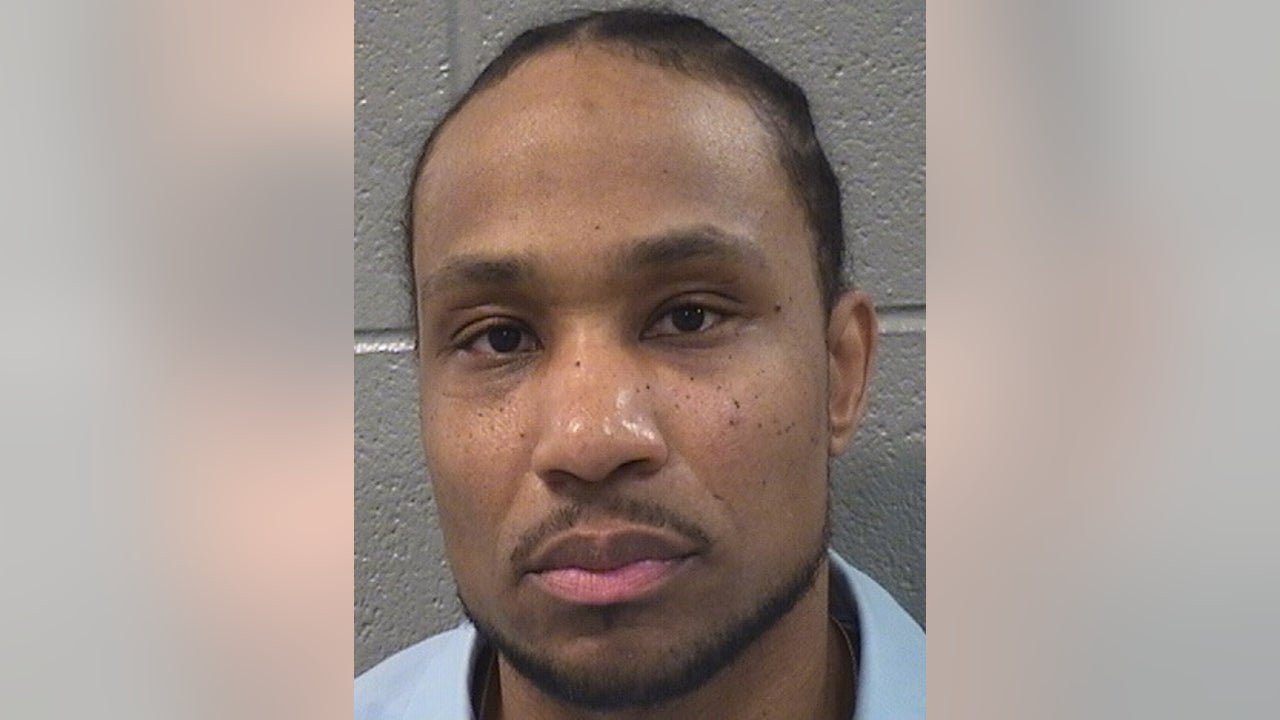
In a landmark decision, Robert Johnson, who spent nearly 30 years behind bars in Chicago, has been exonerated after a judge vacated his 1996 murder conviction. On February 20, 2025, Cook County Circuit Judge Joanne Rosado ruled that Johnson’s conviction for Eddie Binion’s murder was wrongful and ordered his immediate release.
The Case of Robert Johnson
At just 16 years old, Robert Johnson was arrested in connection with the 1996 murder of Eddie Binion on Chicago’s South Side. Despite the absence of physical evidence or eyewitness testimony linking him to the crime, Johnson was convicted based largely on the testimony of a juvenile co-defendant. This co-defendant had accepted a plea deal in exchange for his statement.
Years later, the co-defendant recanted his testimony, admitting that he had been pressured by police to falsely implicate Johnson.
Legal Battle and Exoneration
Johnson’s case was taken up by The Exoneration Project, a legal clinic dedicated to overturning wrongful convictions. Their investigation uncovered new evidence and witnesses that had never been presented at trial, all of which supported Johnson’s innocence.
As a result, Judge Joanne Rosado ruled to vacate Johnson’s convictions for:
- First-degree murder
- Armed robbery
- Home invasion
The judge also ordered a new trial based on the evidence of his innocence.
Upon his release, Johnson expressed deep gratitude toward his 92-year-old grandmother, Mary Robinson, who had been his biggest supporter throughout his incarceration.
“She always had my back,” Johnson said, acknowledging his family’s unwavering support.
Implications and Next Steps
The Cook County State’s Attorney’s Office has until March 13 to decide whether to retry Johnson. Given the recanted testimony and newly uncovered evidence, Johnson’s attorneys remain hopeful that the case will be dropped.
This exoneration adds to the growing list of wrongful convictions overturned in Illinois, shedding light on systemic flaws within the criminal justice system.
FAQ
What led to Robert Johnson’s wrongful conviction?
Johnson was convicted mainly based on the testimony of a juvenile co-defendant, who later recanted and claimed he had been coerced by police. There was no physical evidence or eyewitnesses linking Johnson to the crime.
How was the conviction overturned?
The Exoneration Project presented new evidence and witness testimonies proving Johnson’s innocence. Judge Joanne Rosado reviewed the findings, vacated the conviction, and ordered a new trial.
What will Robert Johnson do next?
The State’s Attorney’s Office has until March 13 to decide on a retrial. Meanwhile, Johnson plans to advocate for others wrongfully convicted and rebuild his life with his family.
What does this case reveal about the criminal justice system?
Johnson’s exoneration highlights the dangers of coerced confessions and false testimonies, emphasizing the need for systemic reform to prevent similar wrongful convictions.
What do you think about this case and the broader issue of wrongful convictions? Share your thoughts in the comments below!






